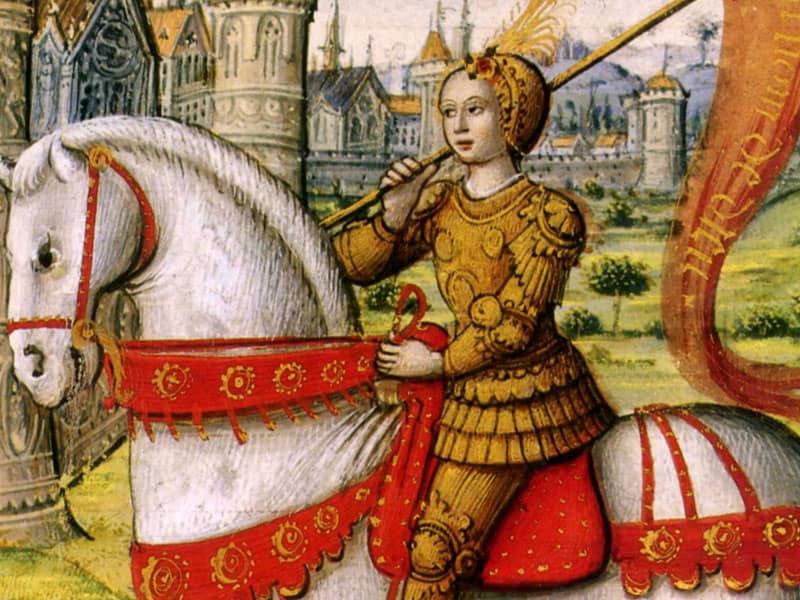The statement came a day after the bishops issued a pastoral statement urging greater acceptance of immigrant Catholics within the church. In their immigration statement, bishops said current U.S. policies have undermined ``the human dignity of the immigrant and divided immigrant families.''
``At the threshold of a new millennium, our nation must revisit its historic roots and reexamine attitudes, laws and policies toward newcomers who come to our land in search of a better life,'' the bishops said.
The bishops ended their four-day meeting with relatively little internal controversy, but grappled throughout the week with a public relations headache as hundreds of gay rights protesters took issue with Catholic teaching on homosexuality. Protesters maintained a constant presence outside their hotel, but the bishops said little about them.
Despite the relatively subdued tone inside the meeting, the bishops did not hesitate to weigh in on a number of controversial subjects, including a call for sweeping criminal justice reform and an end to the death penalty.
They also reiterated their call for an independent Palestinian homeland coupled with a security for Israel. Bishops have supported Palestinian autonomy for more than a decade, but this was the first time the bishops have called for an independent ``state.''
``The future of the Middle East must be built on mutual respect, recognition and reconciliation, not hatred or exclusion or occupation,'' the bishops said, adding that the skirmishes along the Lebanese-Israeli border also must be stopped.
Boston Cardinal Bernard Law, head of the bishops' international policy committee, said the use of the word ``state'' did not signal a departure from the bishops' previous statements.
``I do not see it as something substantially new,'' Law said at a news conference on Wednesday. ``In the dialogue, in the discourse, in the public debate, that term is rhetorically acceptable.''
However, the American Jewish Committee said it was "deeply disappointed" by the bishops' action because it did not also call upon Palestinians to "fully respect the religious liberties" of Jews. The AJC said Palestinians have desecrated Jewish holy sites during the current Middle East unrest and had called for the death of "Jews."
``However this is resolved, it needs to be for the common good of the whole nation,'' Fiorenza said. ``I would hope it will be ended sooner rather than later, and once the president is elected and announced, the country would come together ... to advance the goals that serve the United States of America.''
Fiorenza, reflecting on the week's meeting, said one of the most important actions was Thursday's approval of ``Built of Living Stones,'' the first-ever national guidelines on Catholic art and architecture.
The document attempts to place church architecture firmly on theological foundations and clear up decades of confusion on what the watershed Second Vatican Council of the mid-1960s meant for the church's outward, physical appearance.
The bishops carefully avoided sweeping, rigid suggestions but said art and architecture must be made for God's, not man's, purposes. ``Art or architecture which draws more attention to its own shape, form, texture, or color than to the sacred realities it seeks to disclose is unworthy of the church building,'' the statement said.
The bishops conference also revisited controversial guidelines on theological education at Catholic colleges and universities, but will not vote on the matter until they meet again next June in Atlanta.
At last fall's meeting, the bishops approved new rules that require theologians at Catholic colleges to apply for a ``mandate'' -- a de-facto teaching license -- from the local bishop. Theologians and educators feared the rules would dampen academic freedom, but the bishops say they are required to make sure Catholic teaching is in accord with church law and theology.
Archbishop Daniel Pilarczyk of Cincinnati, who chaired a committee to suggest how the mandates should be granted, denied or withdrawn, said in the long run, the mandates will be good for both the church and educators.
``I suspect we will need some years of experience before we get this down,'' Pilarczyk said. ``Human reality being what it is, I'm sure there will be some mistakes.''

